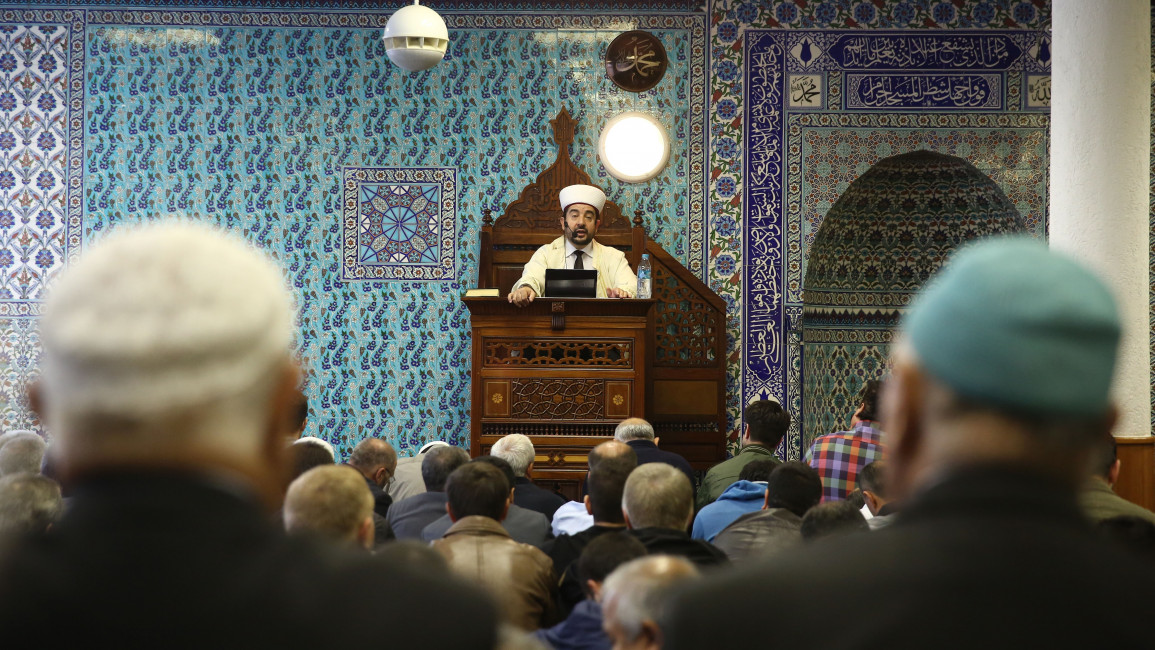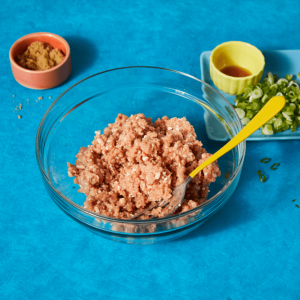24th February
consensus reached at Buddhist-Islamic religious leaders meeting
Giving a new twist to the Halal controversy, the All Ceylon JammiyyathulUlama (ACJU) has now expressed willingness to handover Halal certification to the government if problem persists. The decision came after members of the Muslim community and ACJU representatives met the Chief Prelate of the Malwatta Chapter, Ven. Tibbatuwawe Sri SumangalaThera yesterday.
According to members who took part at the meeting, the Chief Prelate called upon the members to remain calm and to preserve this long standing friendship between the two communities. “He referred to the Halal issue citing that an amicable agreement could be reached easily through dialog”.
“The ACJU is willing to co-operate with the Parliamentary sub-committee appointed to look into the issue but however feel that the issue of Halaal certificate is blown out of proportion,” the member said. “Due to the many problems that have arisen, the certification could be handed over to the SLS or the Ministry of Religious Affairs.
Those present at the meeting representing the Muslim community were members of the Sri Lanka Muslim Council, Former Ambassador to Iran M.S. Juhair, Dr. M.A Shukrir, Director of Jamianeenya College, Beruwala, ShiblyAzeef, Former Attorney General, Ikram Mohammed (PC), SaadiWadood Attorney-at- Law, Moulavi H.L.M Ibrahim a lecturer at the University of Peradeniya, MoulaviFazlurRahman, President of the Kandy ACJU and member of the Muslim Media Forum A.M.M. Ameen.
Earlier, the Lanka Jamiyyathul Ulama remained polarized over the issuance of the halal certification and alleged that the ACJU had erred on their part. “We do not wish to comment on the matter as we’ve been cooperative with the government and still render our support to come to a conclusion over the matter,” said AslamZubair, the media coordinator for the ACJU.
The ACJU clarifying matters with relation to the Halal certification cited that the ACJU does not compel any company to obtain their certificate nor do they charge hefty fees for the procedure.
Consultant Shaikh Fazil Farook added that all their accounts have been submitted to the National Investigation Bureau and have always conducted their affairs in a transparent manner.
21 February
COLOMBO: Islamic clerics in Sri Lanka tried to calm mounting religious tensions in the majority Buddhist nation Thursday by telling stores not to sell halal-slaughtered meat to non-Muslims.
Food manufacturers have been labelling all their products “halal” for convenience, meaning until now non-Muslims have not had any choice in the matter.
Buddhist hardliners argue they should not be forced to consume food that is prepared according to Islamic religious rites. They say the halal certificate represents the “undue influence” of Muslims and is an “affront” to non-Muslims.
The halal method of killing an animal requires it to have its throat slit.
The clerics’ move to diffuse tensions came after thousands of nationalist Buddhists staged a rally last weekend to demand that all shops in the country clear their stocks of halal food by April.
Nationalist Buddhist monks and their supporters also launched a campaign to boycott halal-slaughtered meat as well as other products which carry a halal certificate.
Muslim clerics said the boycott organised by the Bodu Bala Sena (BBS), or Buddhist Force, has created tensions that could erupt into full-blown violence in a country recovering from decades of ethnic war.
And the the All Ceylon Jamiyyathul Ulama (ACJU), Sri Lanka’s main body of Islamic clergy, which issues the halal certificates, Thursday asked retailers to ensure certified products were offered only to Muslims.
“We want to promote peaceful co-existence and harmony,” ACJU president Mufti Rizwe told reporters in Colombo.
President Mahinda Rajapakse, who is also a Buddhist, urged monks not to incite religious hatred and violence amid reports of a wave of attacks and intimidation targeting Muslim businesses.
The Buddhist Force has disassociated itself from the violence, saying there are “duplicate groups” pretending to be them and stirring up trouble.
Sri Lanka’s ethnic civil war claimed at least 100,000 lives between 1972 and 2009, when Tamil rebels were crushed in a major military offensive.
Less than 10 percent of Sri Lanka’s population of 20 million is Muslim.



